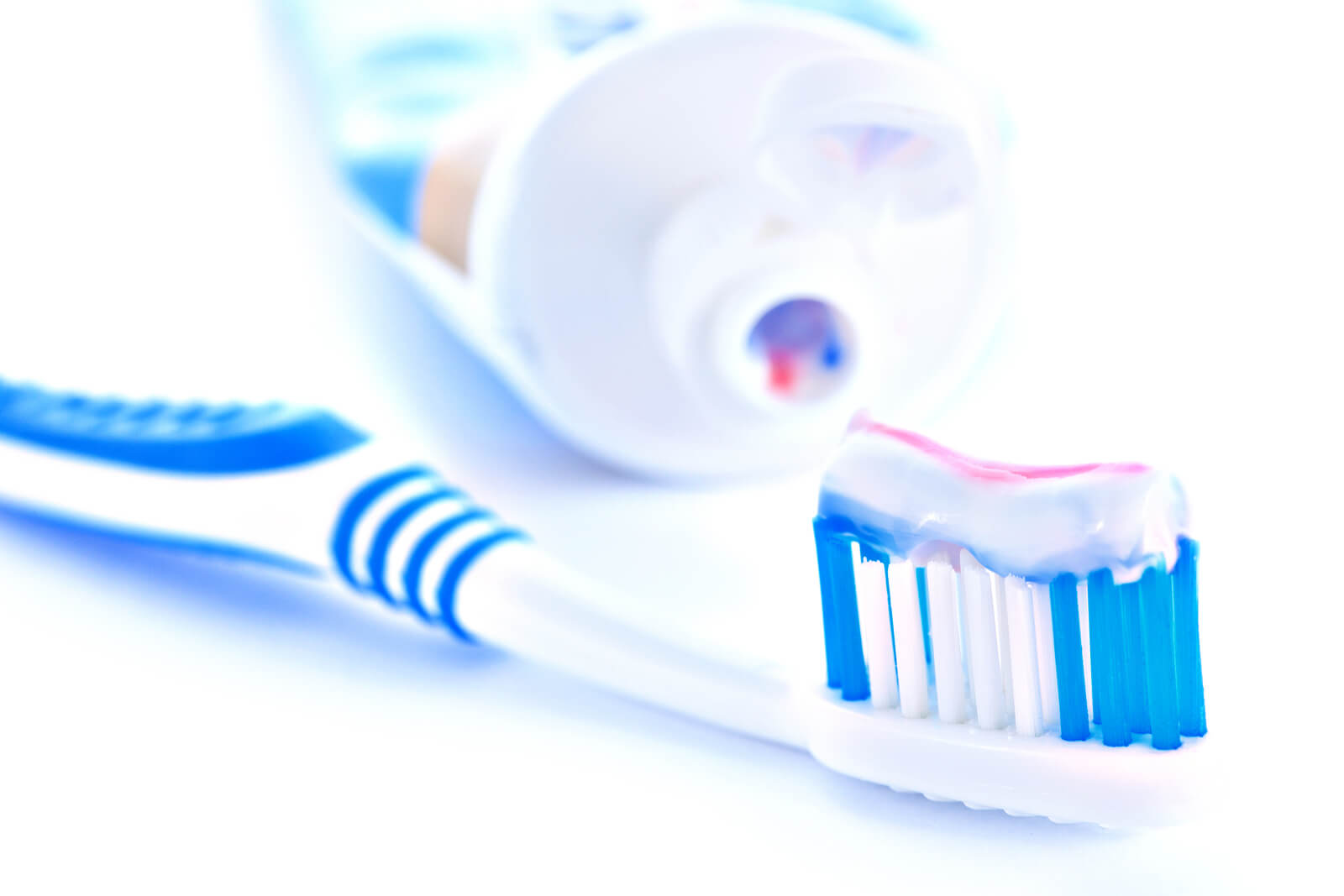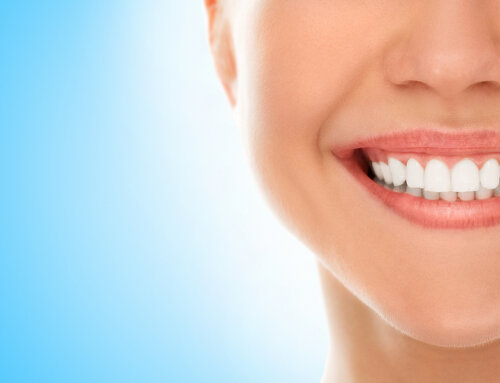Diabetes affects the body’s ability to fight off infections, including infections in your mouth. Let’s explore what a cavity is, what causes a cavity to form in your teeth, and how you can prevent this from occurring in your mouth. Because someone with diabetes is more susceptible to gum disease, a good daily oral care routine is the best defense.
Although people with diabetes need to take special care of their mouth, these tips are good for everyone.
Tooth decay is an area on a tooth that has demineralized or broken down from acid. In order to get a cavity we need three key elements to be present: 1) Tooth 2) Bacteria, and 3) Sugar.
We all have millions of bacteria in our mouths. The types of bacteria that cause tooth decay are salivary mutants streptococci and lactobacilli. The bacteria live in dental plaque, a smooth and creamy clump of bacteria, which rests against the tooth’s surface. We develop new dental plaque every day. This dental plaque bacteria eat the sugar from our foods and the glucose in the saliva, and excrete acid as a waste product right onto the tooth’s surface. If the acid remains next to the tooth for a while, the acid will demineralize the tooth’s surface and make a cavity. If sugar is eaten several times a day, the enamel becomes more and more demineralized creating deeper tooth decay.
Brushing and flossing our teeth physically wipes away the plaque and is removing the bacteria and acid that cause tooth decay. This is why brushing and flossing our teeth is so important. Brushing, flossing and decreased sugar intake = NO CAVITIES!
Here are a couple of my recommendations for you daily oral care routine and my favorite toothbrush to recommend and why:
- Brush and floss your teeth and gums at least twice a day, preferably after every meal. I recommend flossing first and then brushing. The most important time to brush your teeth is at night before you go to bed. When we sleep our salivary levels are lower. The cavity causing bacteria thrive in this environment and have the best opportunity to create cavities while you are sleeping.
- Choose a toothbrush with soft bristles. Apply a gentle touch when brushing your teeth. If you brush too hard and/or use an abrasive toothbrush, you are actually brushing away the protective enamel from your teeth leading to tooth sensitivity and weakened teeth.
- I recommend the Mouth Watchers® line of manual and electric toothbrushes. Mouth Watchers Antibacterial Toothbrushes are self-cleansing toothbrushes with flossing bristles for a complete cleaning. These unique toothbrushes eliminate 99.9% of the bacteria that build up on your toothbrush. The toothbrush bristles contain nano-silver which kills the bacteria that cause cavities, gum disease, bad breath and illness. Mouth Watchers antibacterial toothbrushes have a unique flossing bristle design. The bristles are longer and 10 times thinner than a regular toothbrush and get in between the teeth and the gums. The longer thinner bristles act like floss and clean between the teeth and in hard-to-reach places.
An effective daily oral health routine includes brushing, flossing, and limiting the amounts of sugar you eat. If used properly, all types of toothbrushes are effective. Whether you choose electric or manual, what is important is that you choose one that works well in your hands and that you will use it at least twice a day. If followed daily, this simple routine will help you to eliminate cavity causing bacteria, to reduce the occurrence of tooth decay, and to help you keep your teeth for a lifetime.
NOTE: Consult with your dentist or doctor first to make sure my recommendations fit your special health needs.













Leave A Comment